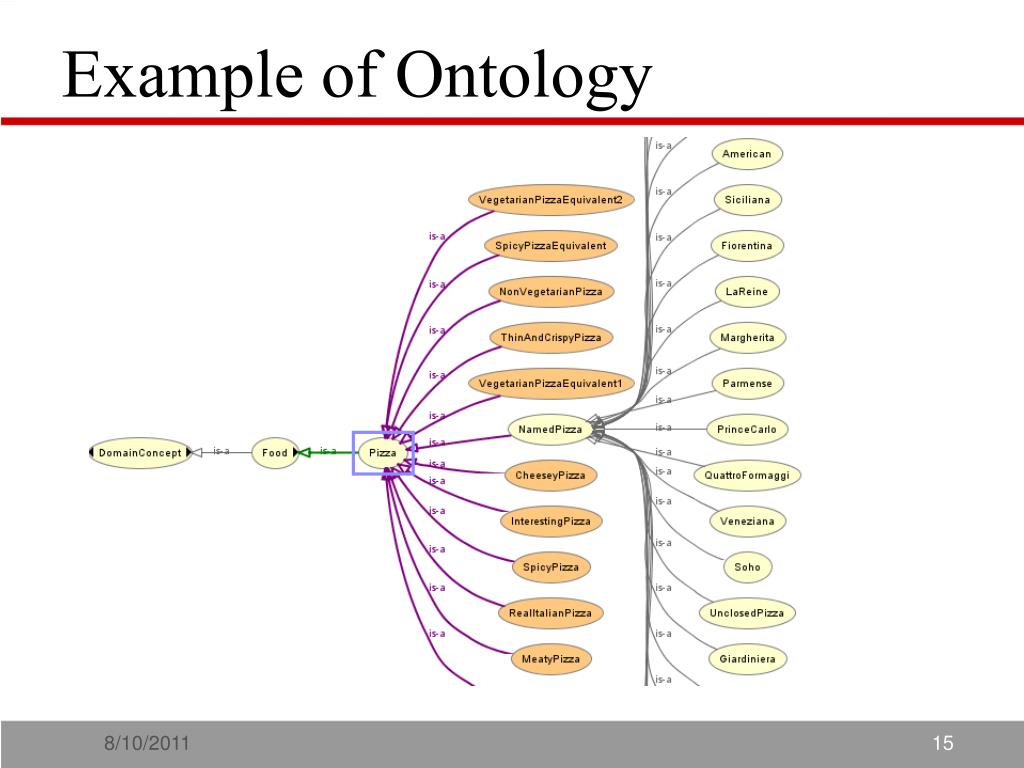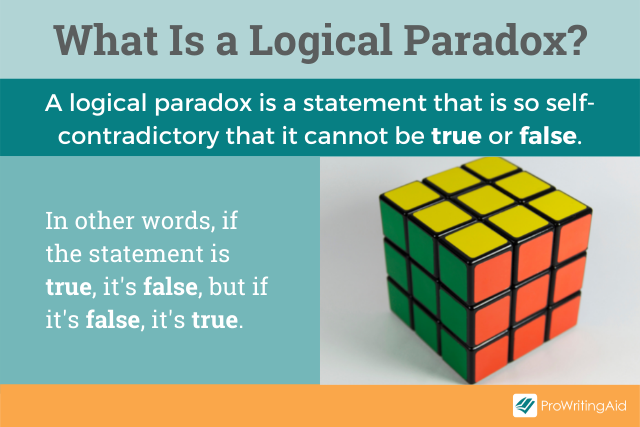Ten years ago, as I prepared to take over as Secretary-Treasurer (ST) of the Pacific Division, my predecessor, Dom Lopes, gave me some advice. He said I should choose one overarching goal for my time as ST, something I’d want to advocate for amidst all the little fiddly tasks required to make a 1,200+ person conference happen year after year.
It was great advice. Being ST is a year-round job of hundreds of micro-tasks that have little in common with one another—from reviewing and signing hotel contracts to answering emails from participants about whether they can change the time of their session. Seeing a big picture helps with a role that can be simultaneously monotonous and unpredictable.
I chose program diversity across multiple dimensions, from demographic diversity to institutional diversity to methodological diversity. It was something I wanted to see, and I knew many members did as well. I also thought it would strengthen and grow membership at a time when all scholarly societies were seeing decreases in membership. Most of all I saw that it was the direction our discipline was going in. The Pacific Division has always prided itself as being at the leading edge of disciplinary changes and so it made sense to choose this as my goal.
I write this as work focused on diversity, equity, and inclusion (DEI) is being targeted by the federal government, as institutions are revoking their commitments to diversity preemptively, and as the New York Times and other media outlets run pieces bemoaning the excesses of DEI as though, had it all not gone “too far,” the current government wouldn’t be doing exactly what it’s doing.
I’m pleased to say that in the last ten years the Pacific Division program has become more diverse across the dimensions I identified at the start of my term. Although I am proud of this, I must admit that I had almost nothing to do with it. That’s because of the way that the Pacific Division works: from the bottom up. And that’s what makes me confident that as others retreat from the value of diversity, the changes I’ve seen at the Pacific Division will remain and continue to bring in the best, most interesting, most original and novel kinds of philosophizing out there in our community.
It’s also the reason why philosophers should be members of the APA year after year if we can afford to, regardless of whether we’re submitting a paper to a meeting or otherwise “using” our member benefits: we all benefit from the kind and quality of the philosophy being done at divisional meetings.
Here’s what I mean by the division working from the bottom up. Divisional programming is the purview of the Program Committee, a group of roughly 30 philosophers each serving a three-year term. We look for people who are organized and responsible, but our main criterion is area of specialization (and willingness to be a generalist). If we receive lots of papers in bioethics, we’re going to need someone who can competently referee papers in bioethics. The more papers in Chinese philosophy we receive, the more necessary it is that we have a dedicated Program Committee member with an AOS in Chinese philosophy. Every Program Committee member is rewarded for their volunteer work (and it is a lot of work) by being able to create two invited sessions.
So that Program Committee member who specializes in Chinese philosophy might then choose to organize a book symposium on an excellent new book, an invited session featuring a paper by an up-and-coming younger scholar, or a symposium to discuss a controversial topic in the field. Ideally, those who work in this area will then see the meeting as a place where the kind of work they do is welcomed, valued, and discussed—and then they’ll be encouraged to submit even more papers in that area for future meetings.
The moral of the story is that the changes I’ve seen over the last ten years have come from philosophers themselves, by submitting papers to the program. The other moral is: if you don’t see enough of the kind of philosophy you’d like to see at the meetings, submit a paper in that area and encourage your colleagues to submit papers as well.
This is a real strength of the way the divisions of the APA work: we’re highly responsive to and reflective of changes in the discipline (so long as people submit papers). The Pacific Division became more diverse because philosophy became more diverse, and that diversity was reflected very quickly in the programming of the meetings, which in turn encouraged greater diversity in philosophy, and so on.
It’s hard to know how to get people to do what’s required to sustain a member-driven organization. As I said, all scholarly societies are facing the same problems: institutional funding is disappearing, salaries are stagnating, people are losing jobs, departments are being dismantled, many of us don’t have the funding to sustain going to a meeting let alone a year-to-year membership.
Of course, to fight any of this we need the very thing that is taking the hit: the APA, which writes the letters to the Deans and Presidents and Provosts and Chancellors, which works with the American Council of Learned Societies, National Humanities Alliance, and the other bulwarks against the coming storm, which advocates for the humanities in Washington, and counsels departmental leaders.
I’m old enough now to react reflexively by saying “in my day it was just one’s duty to be a member in good standing of one’s scholarly society.” But in my day, it was also a duty of a college or university to support the research of their faculty. So much for tradition.
I’m making a plea to those of us who can afford to be a member in…let’s call it sustaining standing…to do so. Join and renew even in years when you’re not submitting or going to a meeting.
The meetings are a showcase of the best of what we do together because the meetings are acutely sensitive to changes in the discipline. The meetings represent the strength and presence and persistence of philosophers…not philosophers of science, or historians of philosophy, or philosophers at R1 institutions, or full professors, or feminist philosophers, or public philosophers.
Someone recently complained on social media that APA meetings don’t compare to specialist conferences. Damn straight. APA meetings are for everyone.
Things are going to get worse. To face it well, we must face it together. There’s a place where that happens. If you can’t come, we’ll miss you. But if you’re able to be a member, be a member, every year. You’ll be with us in the way that matters most.
The post Ten Years at the Pacific Division first appeared on Blog of the APA.
Read the full article which is published on APA Online (external link)






